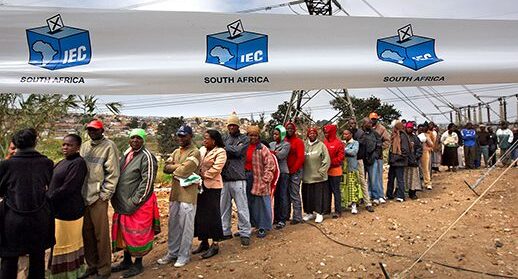Democracy, as imperfect as it is, requires the participation of citizens, and it is the participants who will make it come alive and close to what we desire as the nation – a state of perfection. For it is in seeking the will of the people that democracy becomes alive and becomes the cornerstone of good governance society seeks and cherishes.
Democracy, by definition, and loosely described, is a system of decision-making within institutions – all institutions – where important decisions of life and death ought to be taken and exercised, not by strong-handed men and women, but through consensus and persuasion. Again, this may not be 100% perfect but it is by far a better option than imposition by one strong dictator who assumes they have a God-given right to impose their will.
So, democracy gives residents, young and old, the right to determine the direction the country must take to better people’s livelihoods.
This point needs to be underscored: this is far from suggesting that populists must be chosen to run the affairs of the people. We know a bit about the sordid history of Nazi Germany and the Holocaust. We will not rehash it.
The point we make is that our democracy must represent all that is just and good; the understanding that the running of governments requires humility and subjecting those who govern to the highest standards of human rights, and the appreciation that they occupy their position not for their own selfish causes but for the good of society.
The social contract between those who run the country and the citizenry is that they be joined at the hip.
Misgovernance and the looting of state resources must never be permitted. This is our history – we know a lot about this as it has been happening frequently during the past 30 years. And our vote can avert this from repeating itself.
The people, us, must guard against any form of malfeasance, and this depends on what we do at the elections but also on whether we register to vote.
The upcoming elections are expected to take place between May and August of this year. We await with bated breath for President Cyril Ramaphosa to announce the date.
That said, democracy requires all of us to participate. To play a role. This weekend gives South Africa’s electorate a second bite to the process of voter registration, a precursor to the voting process.
The stats are encouraging. As the process unfolded from yesterday, the numbers are satisfactory. So far, nearly 27-million South Africans have registered to vote. This roughly translates to nearly 50% of the country’s population, bearing in mind that part of our more than 60-million South Africans could be below the voting age.
We encourage eligible voters to register for the sake of getting, in the final analysis, a government of their choice to lead the country to greener pastures.
This is an imperative. Not voting is not a wise choice. The priority for now is to have all South Africans register to vote.
Not to register is also not a solution towards resolving the country’s poor service delivery record.



